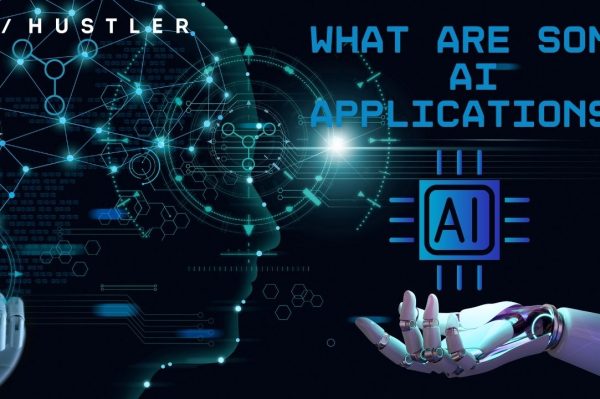AI has already made significant strides in improving healthcare, but its potential for further enhancement is vast. Here are some ways AI can continue to improve healthcare:
- Drug Discovery and Development: AI can accelerate the drug discovery process by simulating and predicting the interactions between molecules. This could lead to the faster development of novel treatments and a broader understanding of disease mechanisms.
- Personalized Treatment Plans: AI can become even more adept at analyzing patient data to create highly personalized treatment plans. It can take into account genetic factors, lifestyle choices, and real-time health data to optimize treatment decisions.
- Early Disease Detection: AI can be refined to detect diseases even earlier than it currently does. By analyzing a wider range of data sources, such as wearable device data, AI can spot subtle changes that indicate the onset of disease long before symptoms become apparent.
- Telemedicine and Remote Monitoring: As technology advances, telemedicine platforms can become more sophisticated. AI can play a larger role in remote patient monitoring, continuously analyzing data and providing instant feedback to healthcare providers.
- Healthcare Robotics: AI-powered robots can assist in surgeries, perform routine tasks in hospitals, and even provide companionship and support for patients. These robots could become more versatile and integrated into healthcare settings.
- Predictive Analytics: AI can enhance predictive analytics by considering a broader range of factors. This could include environmental data, social determinants of health, and more, leading to more accurate predictions of health risks and outcomes.
- Natural Language Processing: NLP can be used to improve healthcare documentation further. This includes better speech recognition systems for healthcare providers and more advanced methods of converting unstructured data (like physician notes) into structured, usable information.
- AI Ethics and Transparency: The development of AI systems that are even more transparent and ethically sound is critical. Efforts to reduce bias in AI algorithms and ensure that they are making decisions that align with ethical guidelines will continue to be a focus.
- Mental Health Support: AI can be used to provide mental health support on a larger scale. Chatbots and virtual mental health assistants can help individuals manage stress, anxiety, and depression while reducing the stigma associated with seeking help.
- Global Healthcare Access: AI can help bridge the healthcare access gap in underserved regions. Remote diagnostics, telemedicine, and AI-driven health kiosks can extend healthcare services to areas with limited resources.
- Drug Interaction and Adverse Event Detection: AI can continuously monitor patient data and medication prescriptions to detect potential drug interactions and adverse events. This proactive approach can prevent harm and complications.
- Healthcare Cost Reduction: By automating administrative tasks, streamlining workflows, and preventing costly medical errors, AI can contribute to reducing the overall cost of healthcare.
- Education and Training: AI can play a role in healthcare education and training. Simulated medical scenarios, virtual surgeries, and AI-driven tutors can help train healthcare professionals more effectively.
In summary, AI’s potential for improving healthcare is vast and ever-evolving. As technology continues to advance, AI will play an increasingly integral role in enhancing patient care, early disease detection, treatment personalization, and the overall efficiency and accessibility of healthcare services. However, it’s crucial to approach these advancements with a strong emphasis on ethics, privacy, and responsible AI development.




